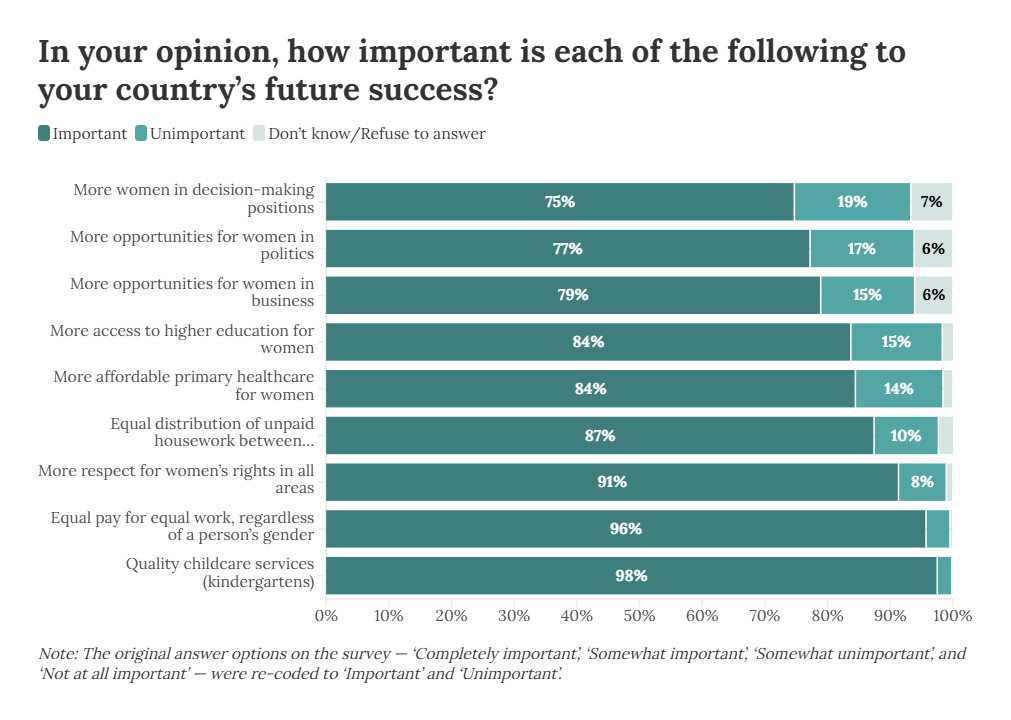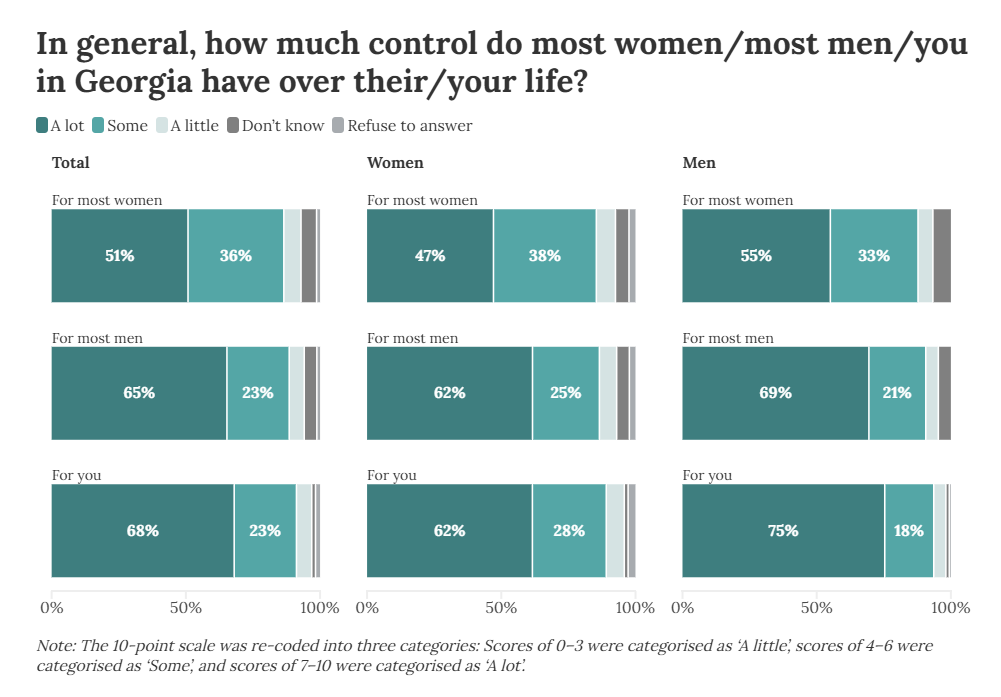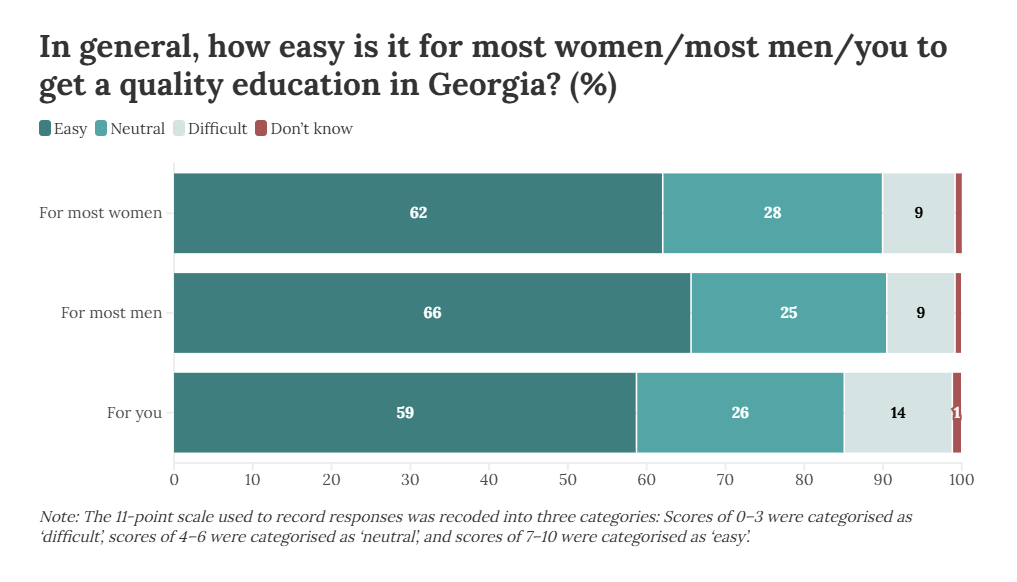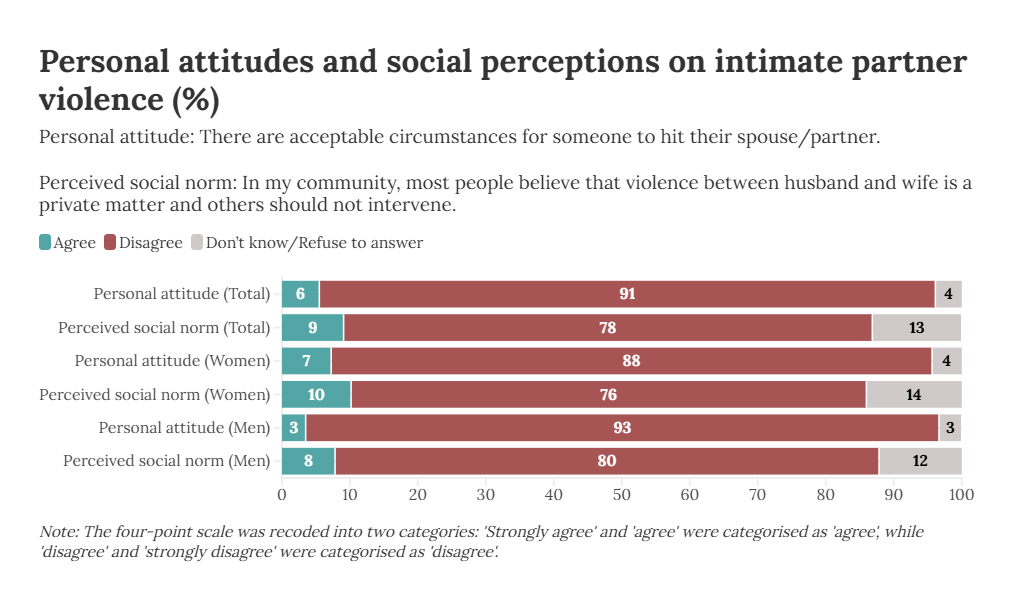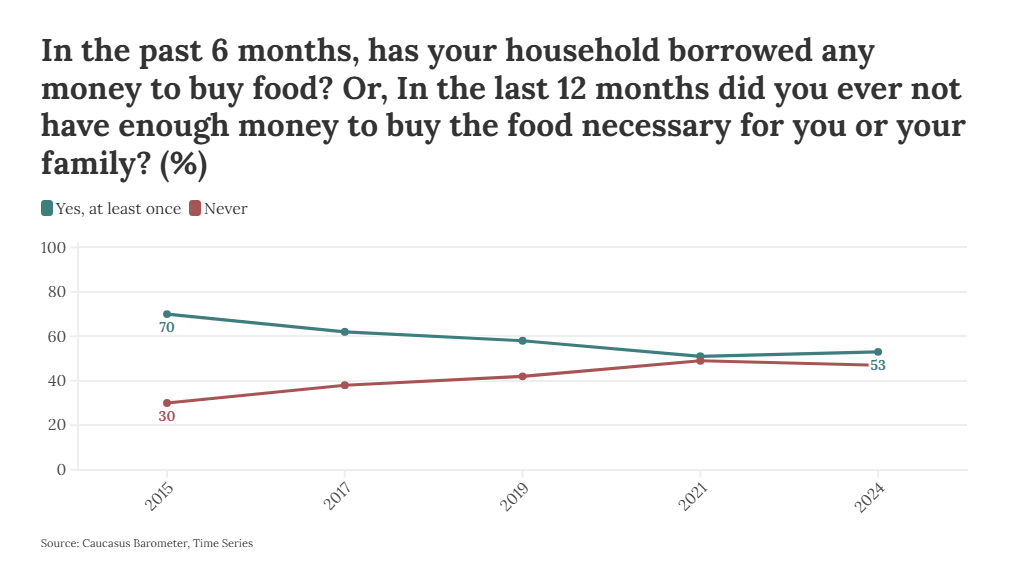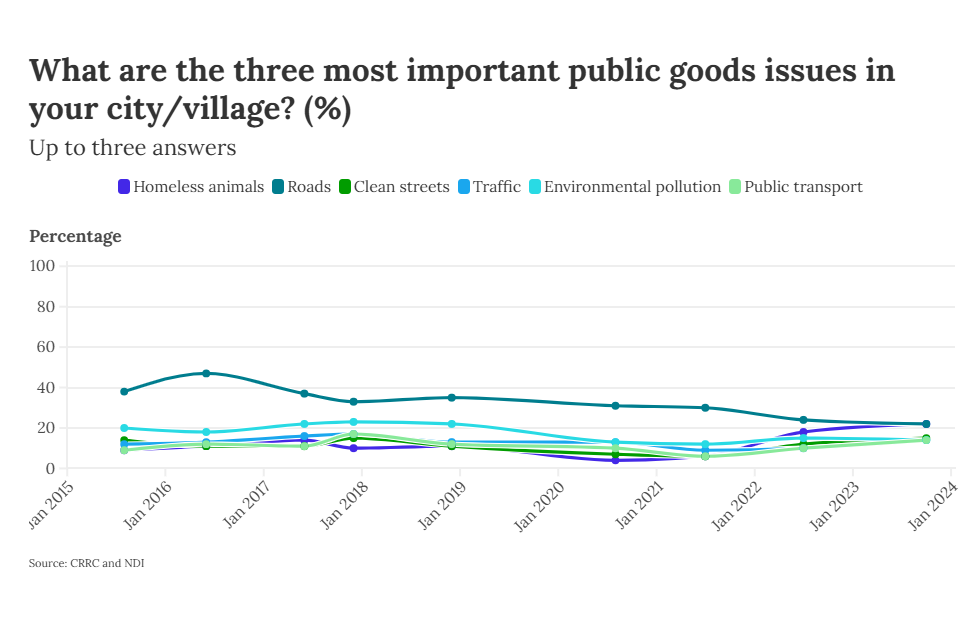
Since the Velvet Revolution, Armenians across a wide cross-section of society have become increasingly more optimistic about their country’s future. In comparison, Georgians have seen only a modest increase in optimism over the time period, with the uptick concentrated in…


